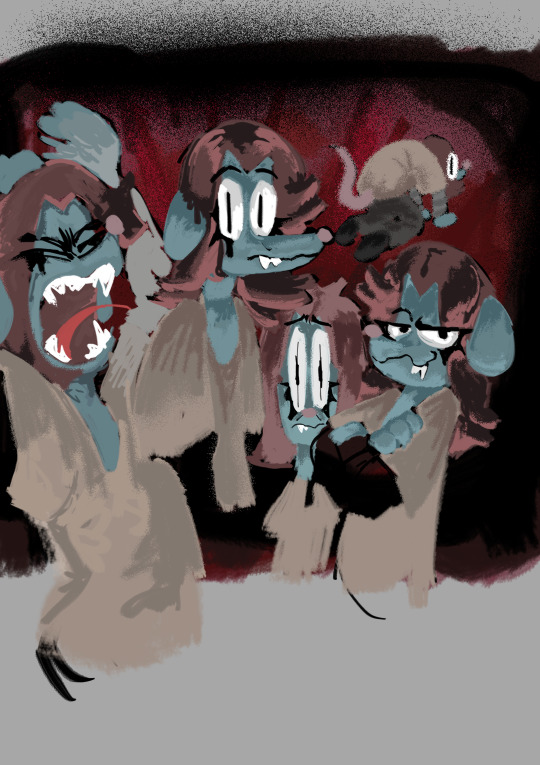#noun
Note
Can I get an emoji for “Metamour” (polyam term for your partners partner who you’re not dating)
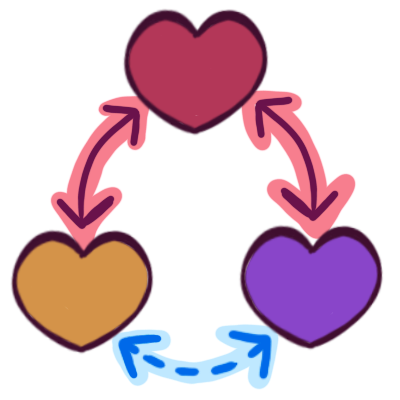
"metamour"
Image: a pink heart, orange heart, and purple heart. there are pink line between the pink and yellow heart and pink and purple heart. between the yellow and purple heart is a dotted blue line.
#concepts#people#relationships#polyamory#metamour#aac symbol#aac image#communication symbol#communication image#custom emoji#aac emoji#nouns#noun
57 notes
·
View notes
Text

English be like this FR.
94 notes
·
View notes
Text
しわ
しわ - wrinkle, crease
スーツを着る前に、しわをアイロンで取りましょう
Before wearing this suit, let's remove the wrinkles with an iron.
最近、顔にしわが増えてきた
Recently, the wrinkles on my face are increasing.
私は40歳けど、しわがない
I'm 40 years old, but I don't have wrinkles.
24 notes
·
View notes
Text
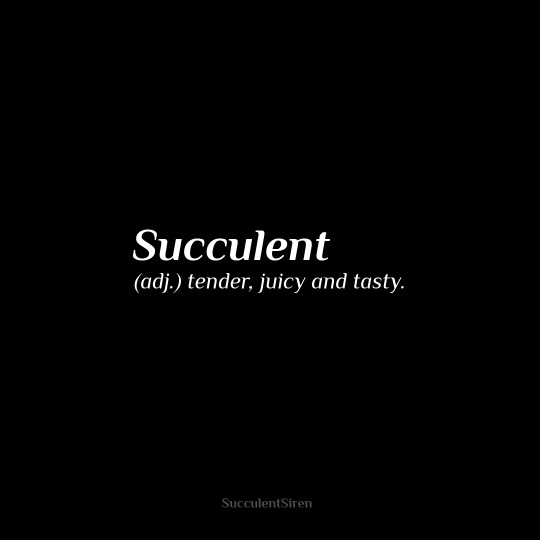

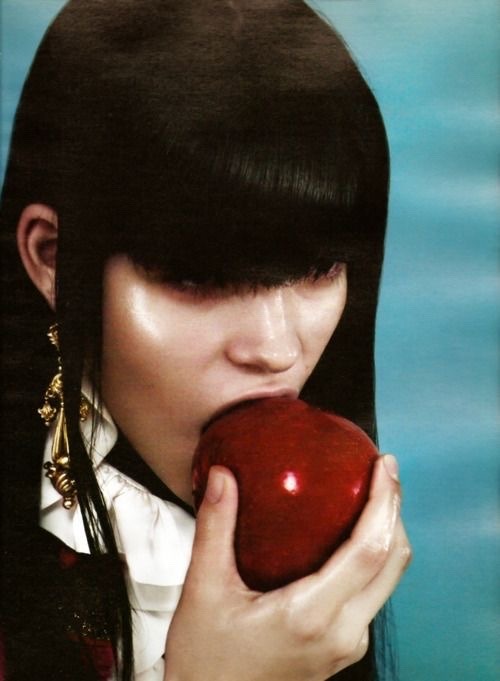
#succulentsiren#etc#definition#define#words#noun#dark feminine energy#forbidden fruit#fruit#grapes#wine#🍇#abundance#tender#juicy#tasty#apple#serpent#snake#aesthetic#dark feminine aesthetic#divine feminine#dark femininity#femininity#siren#femme fatale#photography#sweet#sensory
22 notes
·
View notes
Text
Love Words
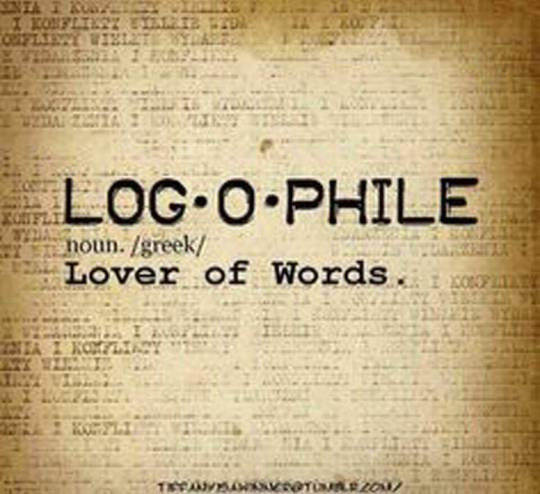
Indeed
#logophile#lover of words#words#words words words#greek#greek tumblr#greek posts#love#passionate#passion#connection#desire#spilled words#intimacy#spilled thoughts#communication#conversation#talking#personal thoughts#noun
36 notes
·
View notes
Text
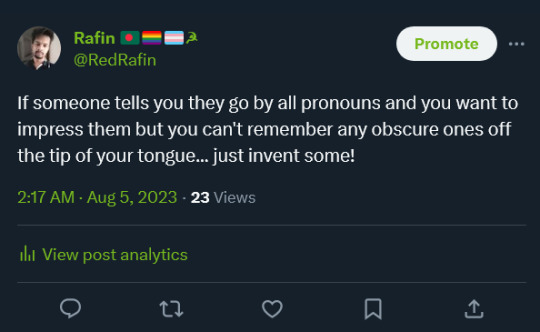
#lgbtqia#lgbtq community#lgbt pride#nonbinary#lesbian#sapphic#lgbtq#nonbinary lesbian#queer#gay girls#pronouns#gender#noun#nounself pronouns#nounours#vocabulary#vocab#english#definition#transgender#transfem#trans pride#trans#trans woman#transsexual#enby nsft#enby feedee#enby#enby ns/fw#non binary
33 notes
·
View notes
Text
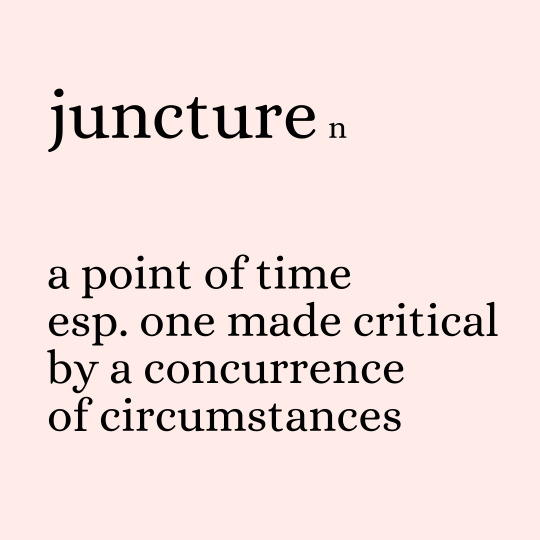
#english student#learning english#vocabulary#vocabulary list#wotd#noun#english vocab#english studyblr#english#vocab list#studyblr#writeblr
15 notes
·
View notes
Text
The Deeper Meanings of Name Cloaks. Unless...?
I would find it so funny if we randomly meet a wizard with a name cloak of a proper noun that doesn't have another meaning (i.e. isn't already a word in English).
Sonder may be the closest we've gotten so far. It's a recently-coined word (at least in English) so potentially might not count yet as a word with a meaning outside of just being a name for this story (though I would not put it past Brennan to have heard of this word and use it for its other meaning).
Anyway, I'm hanging out for the day we meet a new character and
"What up, you can call me the Wizard Stephanie."
#For anyone who's curious:#Noun#sonder (uncountable)#(neologism) The profound feeling of realizing that everyone#including strangers passing in the street#has a life as complex as one's own#which they are constantly living despite one's personal lack of awareness of it.#Worlds Beyond Number#The Wizard the Witch and the Wild One#Name Cloaks#Wizard Sonder#Wizard Names#WWWO#And like I know that most names have some ancient meaning from long ago or in different languages#but I'm more talking about names that you wouldn't use in a sentence unless you were referring to a person
9 notes
·
View notes
Note

What better way to get started than with Fire Emblem's favourite word, dastard, which appears in just about every game, be it officially or unofficially translated? This shot in particular is from the new (fan)translation of FE4, but it was present in the older one as well. Fans often seem to assume it's just a butchering of "bastard" (for ratings reasons) without realising that it is a real word with a real meaning.
( "Implore" is also a possible candidate, and perhaps also "adore" and "undercut" as well if you want to be thorough. )
An Emblematic starting word, indeed!
Fire Emblem's relationship with pejoratives is an interesting one, and while dastard is definitively a distinct word from bastard, I do think there is a relationship between the use of old-timey insults and the need or desire to keep things "Nintendo-friendly." It was rare to see even a damn in the first localized games, and part of the way localization circumvented this was to have the characters use epithets that sounded... well, medieval. Hence your craven!s and your cur!s and, if you're feeling extra spicy, your craven cur!s. I'm actually hard-pressed to recall a usage of dastard in at least FE7 (which was fond of blackheart in similar circumstances); maybe the ESRB thought it was a little too close to the B-word for comfort.
Of course, as the series settled comfortably into a consistent "T for Teen" rating, sensibilities surrounding language loosened up. Awakening was the first game to see characters swearing on a fairly regular basis— up to and including bastard with a B! Yet we still see dastard often enough in modern FE games, which should put to rest the notion that it's merely a euphemism for a more offensive term. They're used differently, and that boils down to both meaning and tone.
(This is where I was initially going to expound on bastard, but just as that section of the post was getting to be too long, an angel of mercy sent an Ask for that very word. So stay tuned, all you beautiful bastards.)
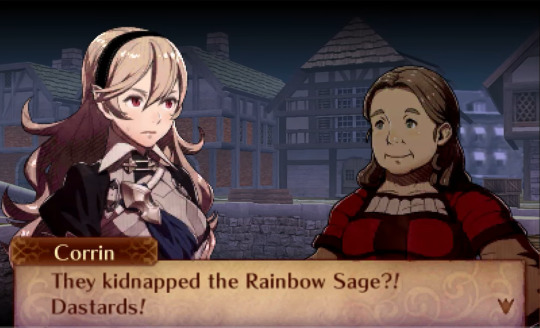
Kidnapping is, of course, Dastardry 101.
So, what exactly does it mean to be a dastard? Merriam-Webster gives two definitions: 1) “coward,” and 2) “a person who acts treacherously or underhandedly.”
While people do seem to assume dastard as it appears in FE is a willful typo, I’d wager most of you have actually heard its adjectival form: dastardly! Yes, that’s an adjective, not an adverb, despite the -ly ending— same with words like friendly and unsightly.
If the context hasn’t made it clear by now, these words are practically synonymous with villainy. But we’re not just talking any old villain: the key word in the above definitions is underhanded. Dastard carries the sense of cowardice with it because it’s associated with backstabbing, behind-the-scenes scheming, sneak attacks, and just generally dirty tactics. Arguably the most famous “dastard!” in Fire Emblem is directed toward Arvis in Genealogy of the Holy War, and it’s patently well-deserved. And even though Chagall in the asker’s provided screenshot might be projecting juuust a little bit, he actually does well to give us some context clues, as he accuses Eldigan of getting close to his father in order to get one over on Chagall— which, if it were true, would certainly qualify as underhanded. Not as underhanded as murdering your peace-loving king and father, maybe, but who’s to say.
So while modern audiences will sooner associate this word with being a villain than with merely being a coward, it’s important to note that not every villain is a dastard. Your big, strong, honest warlord types— Walhart, for instance— are generally not going to be very dastardly. Neither are your force-of-evil gods and monsters… after all, who needs trickery and deception when you can turn your foes to stone, incinerate them with your breath, or simply eat them? And while yes, dastard and bastard are different words, one commonality you might have noticed is how male-gendered they both are in practice. Nothing whatsoever is stopping a woman from being a dastard, but it’s unlikely she’ll ever be called one.
As for the other words:
Implore basically means beg, though it implies a little more dignity. Rather than falling to your knees, folding your hands, and crying a lot, you need a more strategic and sophisticated approach when imploring. Eldigan’s completely sincere in his desire to put a stop to Chagall’s warmongering, but he doesn’t lower himself upon asking.
Adore means love, especially in a worshipful or fawning way. While it can still be used in an earnest way, it's just as often tinged with condescension, implying disdain for the adorer, the adoree, or both. I’m not sure when adorable came to be synonymous with cute, but I think there’s an intentional hyperbole in that usage that became lost as it became common. Chagall may likewise be hyperbolizing, intent as he is upon framing Eldigan as… well, a manipulative dastard. Having already learned his true feelings toward his father, what's meant to communicate sympathy for the king to Eldigan rings hollow and ironic to the audience.
Undercut as used here means the same as undermine, which is to weaken or make useless via subtle or covert means. It’s all very underhanded… or shall we say, dastardly. Undercut does have more of an association with direct competition or rivalry, though, which gives the sense that part of this may be personal to Chagall.
Well, I think that covers everything! Tune in next time, when we discuss dastard’s edgier, PG-13 cousin. Oh yes, I was serious.
#fire embem#vocabulary#dastard#insults#noun#fe4#genealogy of the holy war#chagall#eldigan#corrin#fates#fe14#conquest#implore#adore#undercut#verb
104 notes
·
View notes
Text

"adult"
image: a blue figure. to the right of them is a tall yellow arrow pointing at a blue bar and reaching it.

"child"
image: a purple figure. to the right of them is a short yellow arrow pointing at a blue bar and not reaching it.
16 notes
·
View notes
Text
Rindfleischetikettierungsüberwachungsaufgabenübertragungsgesetz (noun, neutral):
Rind (noun, neutral); bovine
Fleisch (noun, neutral); flesh, meat
Etikette (noun, feminine); etiquette
-ung (suffix, feminine); used for the nominalization of verbs
über- (preffix); over
wachen (weak verb); guard, watch
-ung (suffix, feminine); used for the nominalization of verbs
auf- (prefix); on, to
geben (strong verb); give
über- (prefix); over
tragen (strong verb); carry
-ung (suffix, feminine), used for the nominalization of verbs
sitzen (strong verb); sit
#i was wondering if i could do this in around 30 minutes. more like 15 minutes#also i did this in the worst way possible. 'gesetz' means law. but it also comes from the word 'setzen' which comes from 'sitzen' which#means sit. and because i dissect words. i dissect them so far that i get down to the original word. mostly#now fully. i decided to also go with 'Etikette' instead of 'Etikett' because the word for label (Etikett) comes from 'Etikette'. which come#from the french word étiquette because i thought that was funnier#exclusively for myself. i need the enrichment. otherwise why would i decide to do this word? it was quite enjoyable#noun#13 parts#this law doesn't even exist anymore. you are all 10 years late. and so am i. but i don't care about being on time#fixed something
8 notes
·
View notes
Text
shout out to than one fae that calls you madam/sir but steals your dead name and then sells it to hags for noun stew
8 notes
·
View notes
Text
空き家(あきや)
空き家(あきや)- vacant home
今カナダで空き家がない
Right now in Canada there are no vacant homes.
私たちは安い空き家を見たけど、ちょっと古かった
We saw a cheap vacant home but it was a bit too old.
最近、インスタグラムで空き家がいっぱいです
Recently, there are a lot of vacant houses on Instagram.
9 notes
·
View notes

